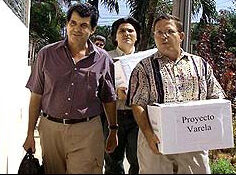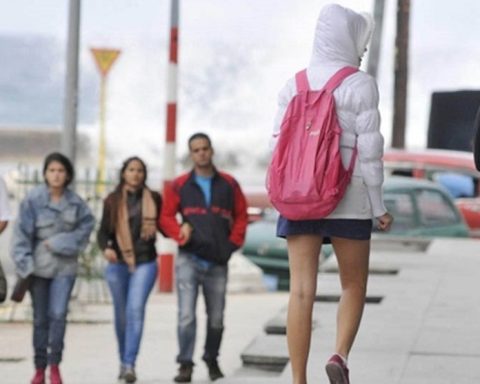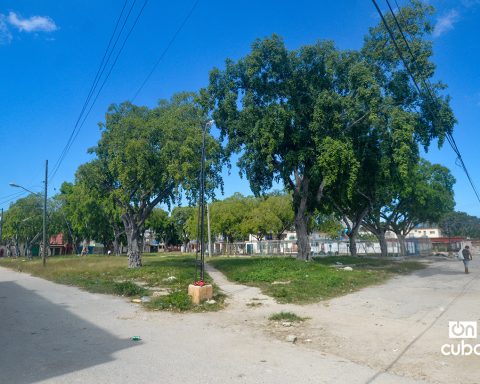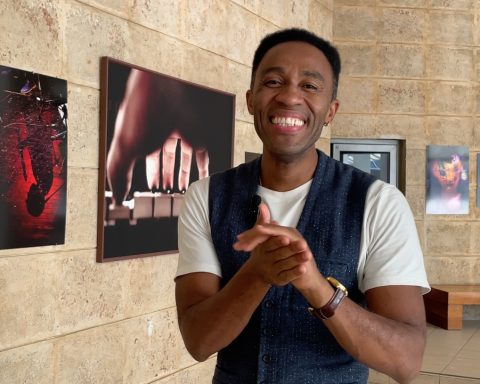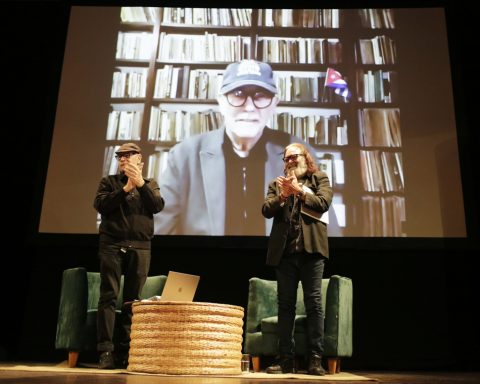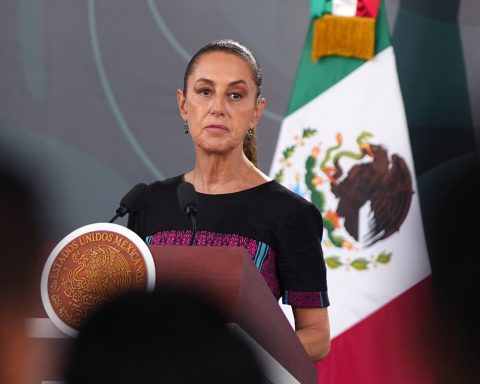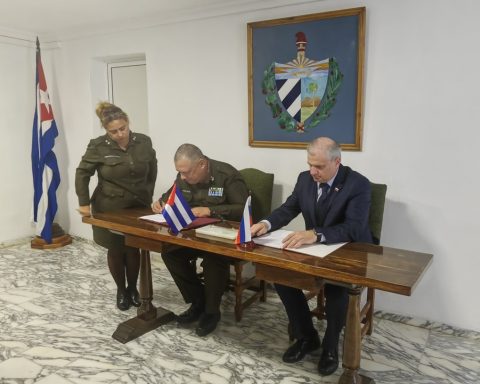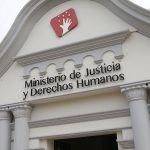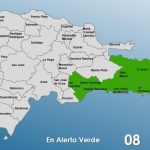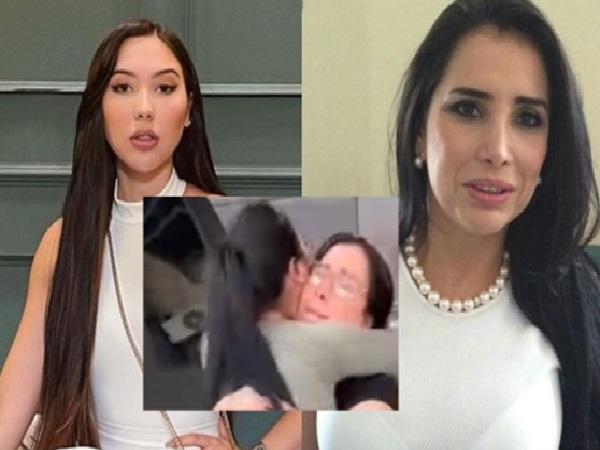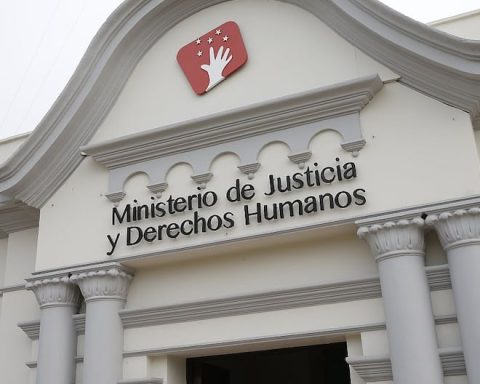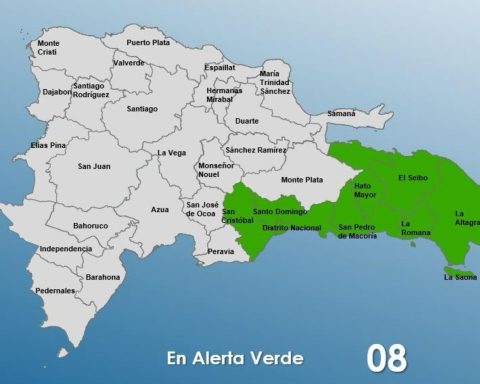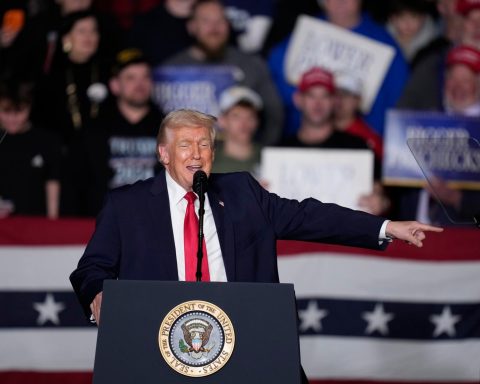MADRID, Spain.- This May 10 marks the 20th anniversary of the delivery to the National Assembly of the first 10,000 signatures of the Varela Project, organized by the activist Oswaldo Payá.
Oswaldo Payá, founder of the Christian Liberation Movement, devised the project with the aim of achieving reforms in Cuba in favor of political and economic improvements for Cubans.
The Project, whose name was chosen in memory of the Cuban priest of the early nineteenth century, Félix Varela, was based on article 88 of the Cuban Constitution of 1976, which should allow Cubans to propose laws if 10,000 registered voters presented their signatures in favor of a proposal.
What does the Varela Project ask for?
- Guarantee the right to free expression and free association that guarantee pluralism, opening Cuban society to political debate and facilitating a more participatory democracy.
- Amnesty for all those imprisoned for political reasons.
- Right of Cubans to form companies, both individually owned and cooperative.
- Proposal for a new electoral law that truly guarantees the right to elect and be elected to all Cubans and the holding of free elections.
Regime response
Although the number of signatures collected exceeded the number necessary for the proposal to be analyzed in the National Assembly, it was discredited and rejected by the regime.
In addition, the Cuban government “proposed” that the country’s constitution be modified “to make the socialist character of the Cuban state irrevocable.” The modification established that the Constitution “can only be reformed by the National Assembly of People’s Power through an agreement adopted in a nominal vote by a majority of not less than two thirds of the total number of its members.”
In 2019, a new constitutional reform determined that a citizen proposal for constitutional change must be supported by 50,000 signatures.
Oswaldo Payá, main promoter of the Varela Project
Oswaldo Payá, the main promoter of the Project, was a Cuban opposition leader, assassinated by the Castro dictatorship on July 22, 2012.
That day, Payá was traveling with Harold Cepero to the province of Granma, in a car driven by the Spanish Angel Carromerleader of the New Generations youth organization of the Popular Party (PP) of Madrid.
The car went off the road and hit a tree, killing Payá and Cepero.
At the end of 2021, lawyers from the non-governmental entity Human Rights Foundation (HRF) presented an independent legal investigation to the Inter-American Commission on Human Rights (IACHR) into the death of both opponents.
During the presentation of the evidence, Ángel Carromero explained that since they left Havana they felt that they were being followed and then they verified it.
One of the vehicles that followed them, with a license plate belonging to State Security, was the one that hit them and took them off the road, Carromero said.
The 87-page report states that these deaths occurred due to an attack provoked by the Cuban government and not due to a casual traffic accident as the regime maintained.
Receive information from CubaNet on your cell phone through WhatsApp. Send us a message with the word “CUBA” on the phone +1 (786) 316-2072, You can also subscribe to our electronic newsletter by giving click here.
